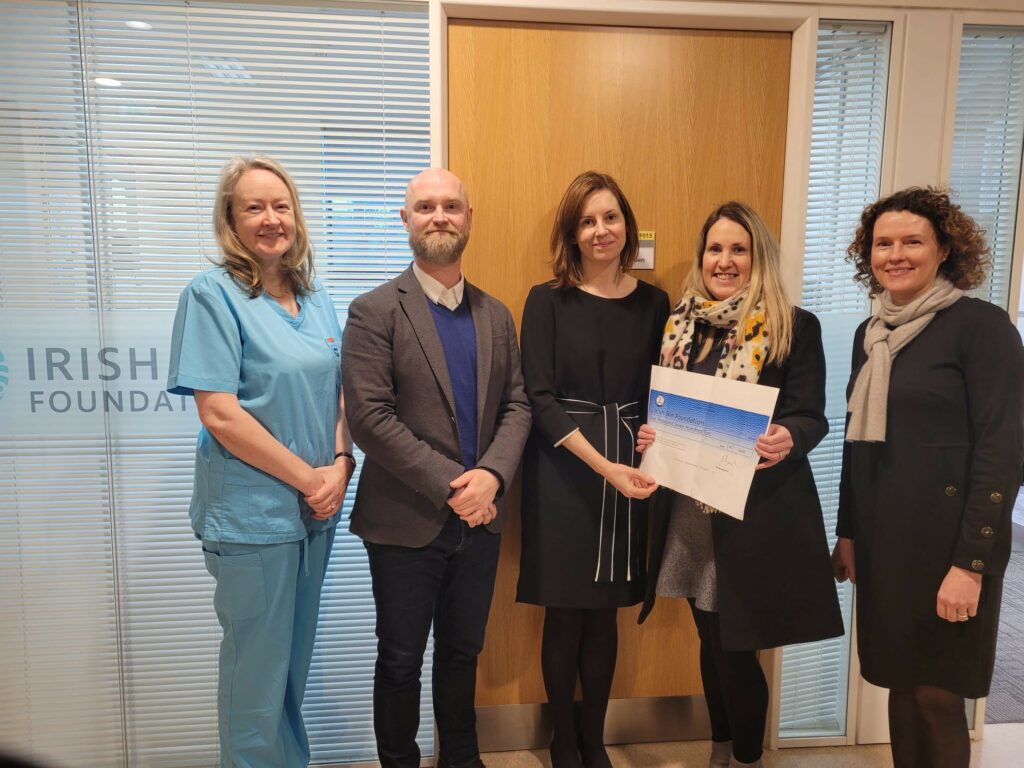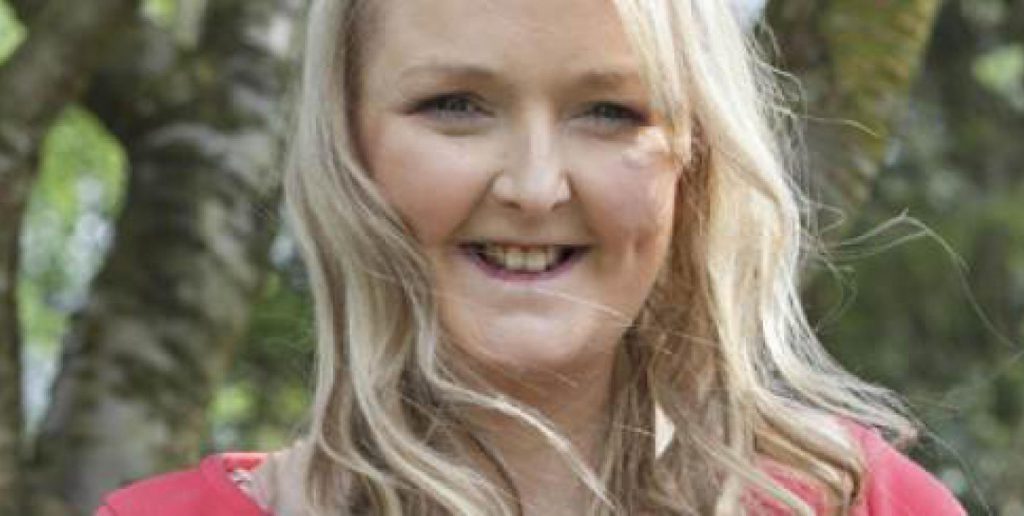The latest shocking figures available from the National Cancer Registry show that in 2014 there were 10,304 cases of non-melanoma skin cancer, and worryingly, for the first time melanoma skin cancer diagnoses have breached the 1,000 mark (1,041 cases), almost trebling in the last 20 years. In response, the Irish Skin Foundation has launched the Protect & Inspect™ campaign.
Protect & Inspect™ campaign
The ISF launched Protect & Inspect, a sun awareness health promotion campaign, targeting the sun-loving public but with a particular focus on those who intend to spend time holidaying in the sun, whether at home or abroad. The main aim of the campaign is to help clarify and simplify how people can protect and inspect their skin. The ISF, which supports people with skin diseases, is sending a timely warning about the dangers of overexposure to solar ultraviolet (UV) radiation and dispelling confusion about the sun. The launch of Protect & Inspect coincides with the end of the school year and the gearing up for the traditional family holiday season.
Skin cancer is the most common cancer in Ireland. Yet in most cases, it is preventable and early detection leads to better outcomes. Of the different types of skin cancer, melanoma is not the most common but raises the greatest concern as it can spread to other parts of the body, where it becomes difficult to treat and can be fatal.
Do you know your skin type?
A person’s natural skin colour influences their risk of skin cancer. Most people living in Ireland have fair skin (skin type 1 or 2) which burns easily and tans poorly. However, research shows that those with fairer skin often judge themselves to be darker than they actually are and as a consequence, underestimate their vulnerability to the harmful effects of overexposure to UV from the sun.
Findings from a recent Irish study carried out in the Dermatology Department of Our Lady of Lourdes Hospital Drogheda, found that the majority (66%) of patients questioned, underestimated their skin’s sensitivity to sunlight. More about your skin type here.
‘Occasional, intense sun exposure and sunburn increases melanoma risk. Childhood is a ‘critical period’ during which skin cancer risk can be increased in later life. Being outdoors is such an important part of childhood but it is crucial that children are protected and safe in the sun”
“Our skin is extremely vulnerable to sun damage, but there’s a lot of confusion about how to protect ourselves when we’re out and about – whether that’s on a beach, cycling, swimming or just sitting in our back gardens.”
“Sun damage is cumulative. In a world where a tan is still often seen as a sign of good health, the truth is that a tan is a sign of damaged skin. It indicates that your skin has been working to defend itself against overexposure to UV radiation”, according to Dr Rupert Barry, Consultant Dermatologist and Moh’s Micrographic Surgeon, St. James’ Hospital, Dublin.
With this in mind, the Irish Skin Foundation has developed a range of online resources including a simple, but startling melanoma infographic developed in association with the National Cancer Registry and the National Cancer Control Programme to raise awareness of the link between personal susceptibility (i.e. skin type) and lifestyle behaviours (i.e. sunny holidays frequently associated with sunburn). A more comprehensive report on skin cancer will be published by the National Cancer Registry in July.
‘In 2008, we lost our beautiful daughter Sharon to melanoma skin cancer. Sharon’s great strength and positive attitude throughout her illness has prompted us to try and promote awareness of this devastating disease and to encourage others to protect their skin from the harmful effects of overexposure to UV radiation’,Bernie and Peter Rice from The Sharon Rice O’Beirne Melanoma Trust.
We want everyone in Ireland to learn to Protect & Inspect their skin! Download our short guide, written with hospital-based dermatologists, to checking your skin.
Melanoma is on the rise in Ireland: see the facts in these info-graphics – Melanoma Skin Cancer and Solar UV Radiation.
Click for more more about Protect & Inspect!













